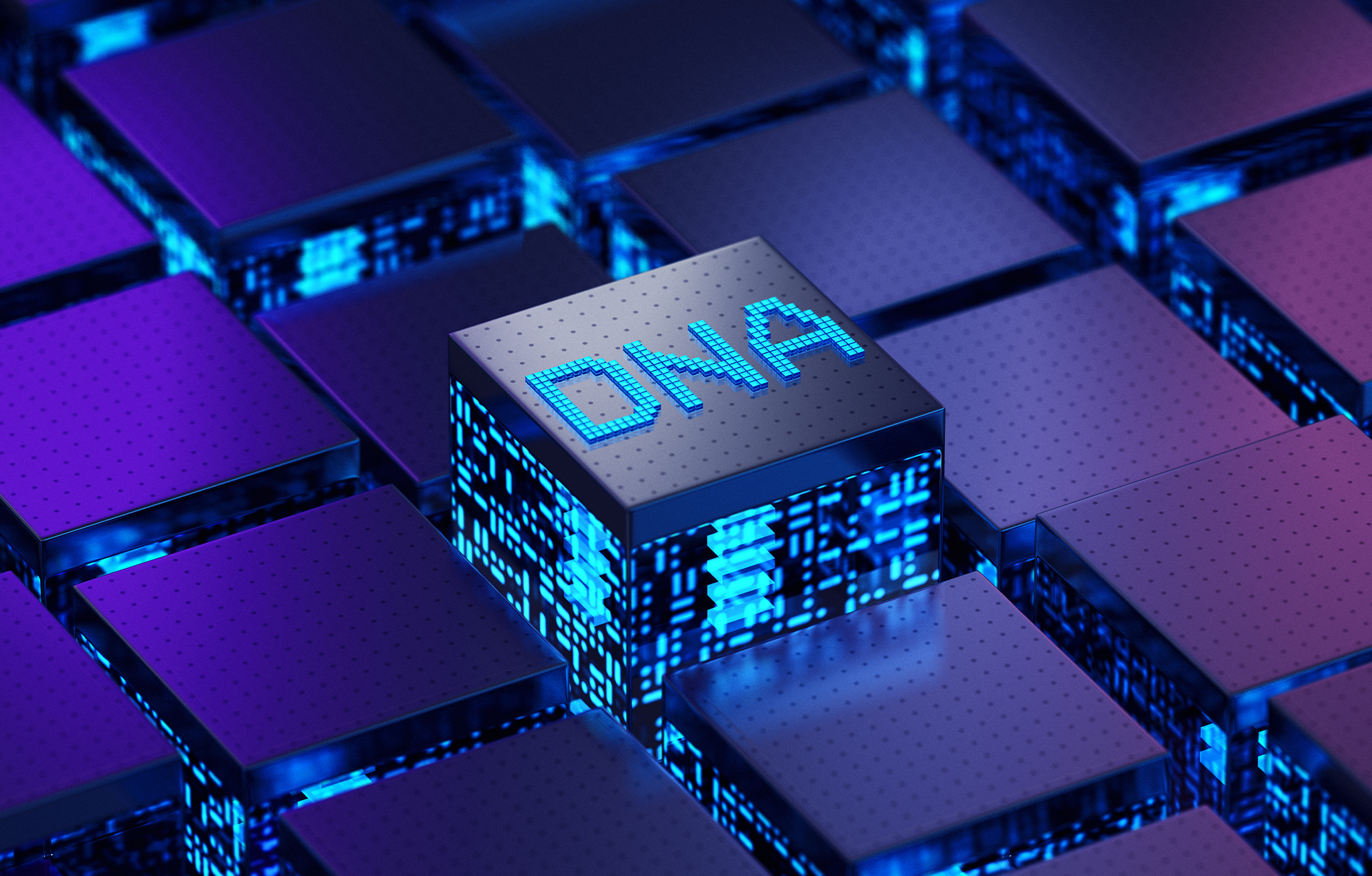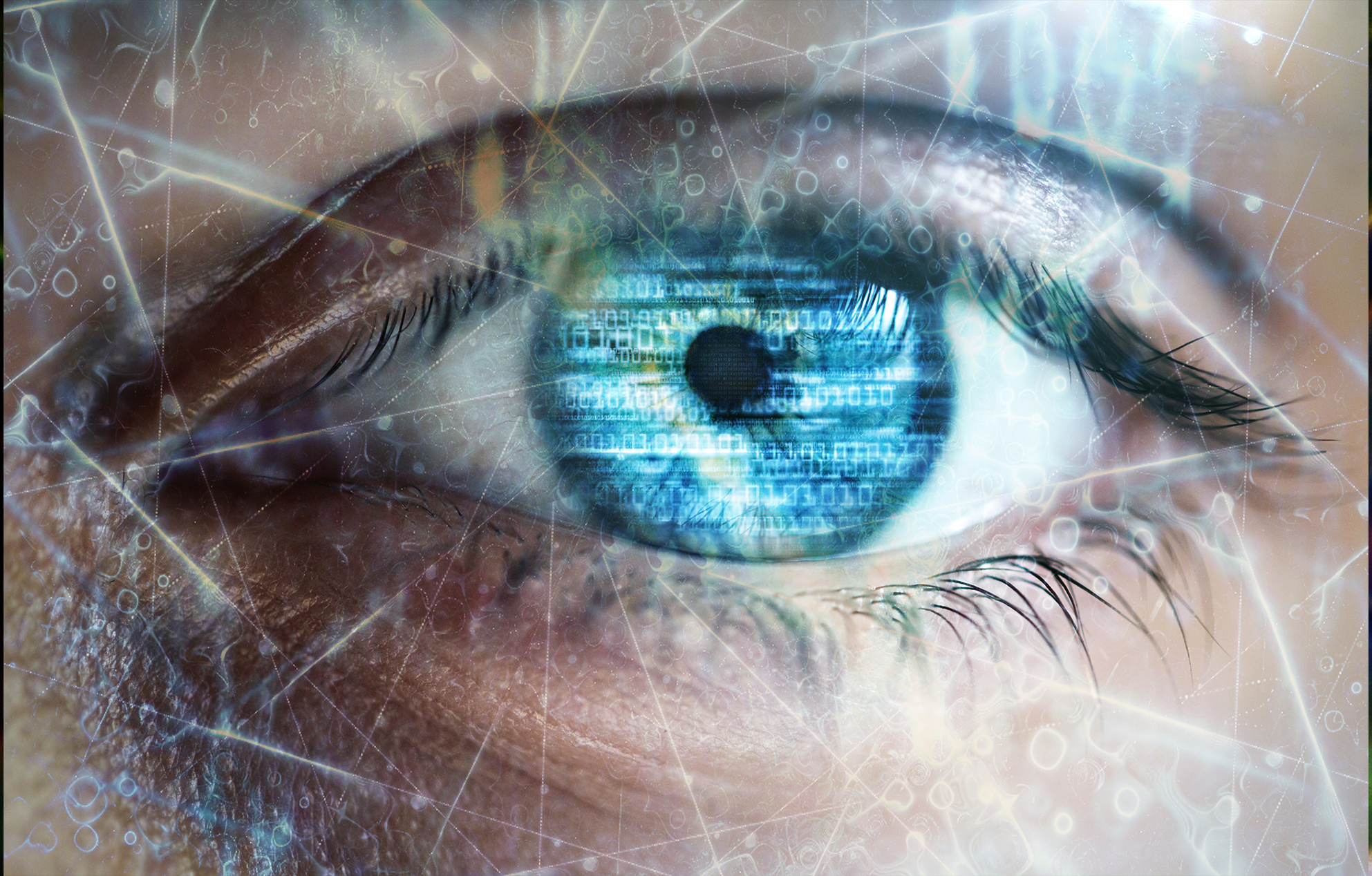
The Genesis of Life
The Eighth Wonder of the World:
Humankind
Our Technology
Guardians of Health:
The Quest for Anti-Cancer Receptors
In a world where the specter of cancer loomed large over humanity, a group of brilliant scientists embarked on a journey that would rewrite the rules of medicine and oncology. Their mission was to harness the power of the immune system to fight cancer, using a groundbreaking innovation known as "Anti-Cancer Receptors."
The story begins with Dr. Emily Hartman, a visionary immunologist driven by a personal tragedy. Having lost her father to a merciless battle with cancer, she was determined to find a way to arm the body's defense mechanisms against this relentless foe. With an unwavering belief in the potential of the immune system, she assembled a team of diverse experts at the cutting edge of their respective fields.
The team's breakthrough came with the discovery of a rare population of immune cells, each equipped with a unique receptor on its surface. These receptors, dubbed "Guardian Receptors," had the astonishing ability to detect and target cancer cells with unparalleled precision. Dr. Hartman's team realized that by isolating and enhancing these receptors, they could create a powerful army of anti-cancer agents.
The development of Anti-Cancer Receptors was no small feat. It involved a delicate balance between understanding the complex biology of the immune system and engineering the receptors to be both effective and safe. Countless hours were spent in the laboratory, testing and fine-tuning the receptors to ensure they could recognize a wide array of cancer types while sparing healthy cells.
As the research progressed, the team faced challenges that pushed their skills and determination to the limit. They had to overcome the obstacles of potential immune system overactivation, ensuring that the Anti-Cancer Receptors did not trigger harmful autoimmune responses..
The researchers also worked tirelessly to optimize the delivery method, devising ingenious ways to introduce the receptors into the body without causing undue harm. Parallel to the scientific hurdles, ethical and regulatory considerations loomed large. The team engaged in rigorous debates and collaborated closely with ethicists and regulatory agencies to ensure the safety and responsible use of their revolutionary technology.
The turning point came when the team conducted their first human trials. Patients who had exhausted all conventional treatment options were enrolled in the trial, their hopes rekindled by the promise of Anti-Cancer Receptors. The initial results were nothing short of miraculous – tumors that had stubbornly resisted other treatments began to shrink, and in some cases, vanished entirely. The world watched in awe as the once-daunting adversary of cancer was met head-on by the body's own defenses.
However, challenges remained. Each patient's response was unique, and the team realized that personalized medicine was crucial for maximizing the potential of Anti-Cancer Receptors. They continued refining their approach, combining genetic profiling with advanced machine learning algorithms to predict which patients would benefit most from the therapy.
The narrative of Anti-Cancer Receptors is one of hope, determination, and a relentless pursuit of innovation. Dr. Emily Hartman and her team's journey stands as a testament to the power of human ingenuity in the face of one of humanity's most pressing challenges. With each patient whose life was transformed, the legacy of the Anti-Cancer Receptors grew, inspiring a new era of medical discovery where the immune system became a formidable ally in the fight against cancer.


